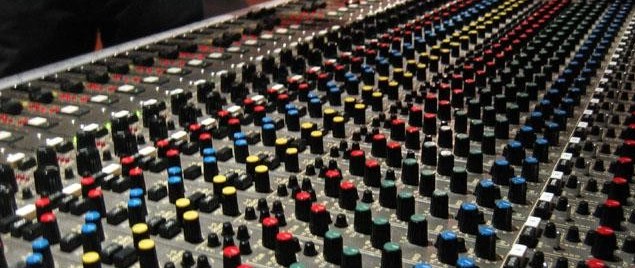Tips for a Budding Voice Actor. Planning Your First Voice Demo
This is our Part Three of what has now become a series –Tips for a Budding Voice Actor.
Let me again reiterate that nailing your first demo is very important. If you wish to break into the professional voice industry, your first demo – the one you will be distributing to agencies, casting directors or producers, should sound professionally done. Being green in the industry is not an excuse. This is when the expression “first impression lasts” rings very true. So make sure you lay out your plan well. Here are the essentials that you need to consider.
Consider your BUDGET. Maybe you are one of those voice actors who already have a home studio, but if you are not an expert in producing and editing, my sound advice – DON’T do it. Remember this is now your business, and like any business, this requires you to invest some money. You can expect to shell out from $500 to $1500, and it can be more if you are in key cities like LA, New York or Chicago. This can include, use of the studio, cost of production and music license fees, etc. You will also need to budget money for printing, duplicating and marketing. Scout around first before deciding on a specific studio. Some studios or voice coaching programmes now offer a full package. Just make sure that apart from considering the rates, you should also look at their track record. Listen to samples of what they have produced as you don’t want to waste money on do-overs.
Consider the LENGTH of your demo. The ideal length of a demo is around 60 to 90 seconds. It should be not too short, so you can have the freedom to showcase your style and versatility. Not too long, especially if you do not have enough materials to work with. It should have at least 5 to 10 short spots or segments for about 5 to 15 seconds each. Included in the duration of course is your introduction and your closing remarks (contact information), around 5 seconds each.
Lastly, consider the TYPE and STYLE. By now you should already have an idea of what type of demo and style you are most comfortable with. So play with your strengths. Do not put in segments that you would not be able to sustain. Remember, your demo should not misrepresent or exaggerate your skills. Just imagine how embarrassing it will be if you cannot re-create a certain style or character once you were chosen. If you do not have your own material, make sure to choose royalty free scripts for demo (you can search Google for the same key words). The performance style will depend largely on the type of the demo and script. So make sure you study the script well to understand your best approach. Some of the sample scripts online also provide directions and character descriptions. The way you would outline the order of the spots should be interesting for the listener. It should be a combination of your natural voice, persuasive and suggestive approach, narrative, character, etc. – highlight your strengths by giving that segment a longer duration.
Recording your demo will be your first big project and doing it well can open doors for you as you start your career in the industry. So invest some time in planning your demo and learn as much as you can while you go about the whole process. Most of all, for a great outcome – relax and enjoy!
You may also want to read: Voice Over Demos – 5 Tips To Make Yours A Winner

